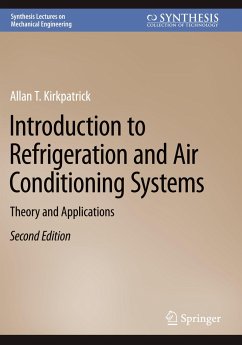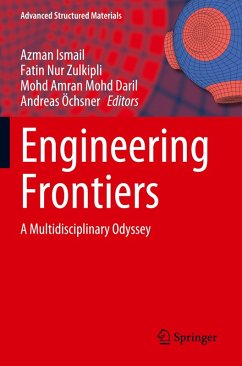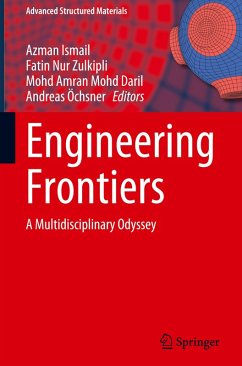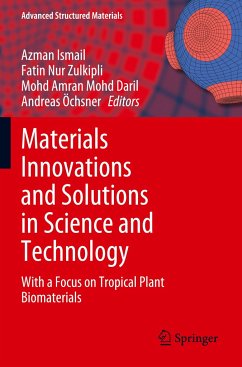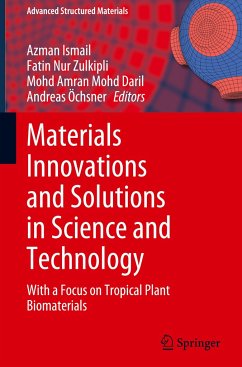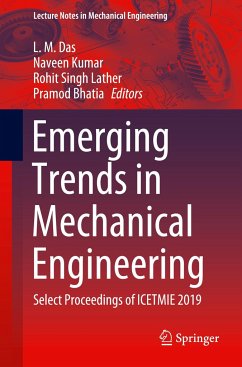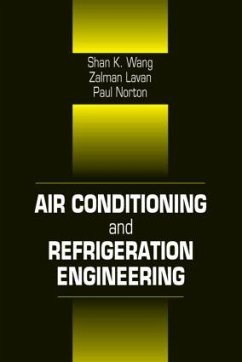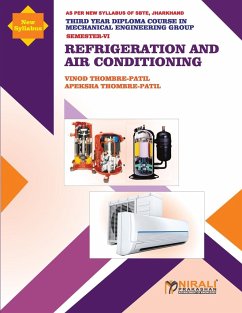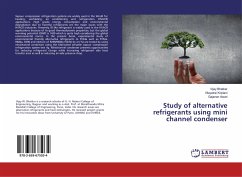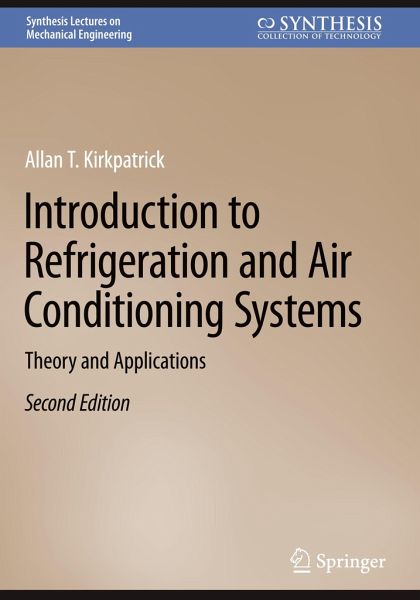
Introduction to Refrigeration and Air Conditioning Systems
Theory and Applications
Versandkostenfrei!
Versandfertig in 6-10 Tagen
61,99 €
inkl. MwSt.
Weitere Ausgaben:

PAYBACK Punkte
31 °P sammeln!
This second edition builds on the foundation established by the previous first edition published in 2017. The first edition covered background information, description, and analysis of four major cooling system technologies - vapor compression cooling, evaporative cooling, absorption cooling, and gas cooling. The second edition has been expanded to include increased coverage of cooling system refrigerants, fluid mechanics, heat transfer, and building cooling loads. With increasing climate change due to the buildup of greenhouse gas emissions in the atmosphere, there has been a worldwide impetu...
This second edition builds on the foundation established by the previous first edition published in 2017. The first edition covered background information, description, and analysis of four major cooling system technologies - vapor compression cooling, evaporative cooling, absorption cooling, and gas cooling. The second edition has been expanded to include increased coverage of cooling system refrigerants, fluid mechanics, heat transfer, and building cooling loads. With increasing climate change due to the buildup of greenhouse gas emissions in the atmosphere, there has been a worldwide impetus to transition to cooling systems and refrigerants that have a low or even zero global warming potential. The text is written as a tutorial for engineering students and practicing engineers who want to become more familiar with the performance of refrigeration and air conditioning systems. The goals are to familiarize the reader with cooling technology nomenclature and provide insight into how refrigeration and air conditioning systems can be modeled and analyzed. Emphasis is placed on constructing idealized thermodynamic cycles to represent actual physical situations in cooling systems. The book contains numerous practical examples to show how one can calculate the performance of cooling system components. By becoming familiar with the analyses presented in the examples, one can gain a feel for representative values of the various thermal and mechanical parameters that characterize cooling systems.



